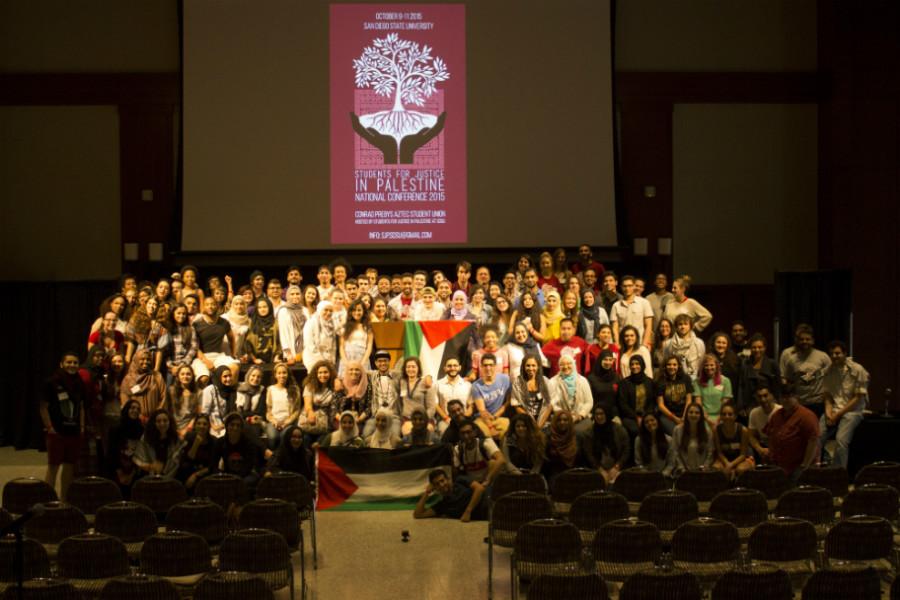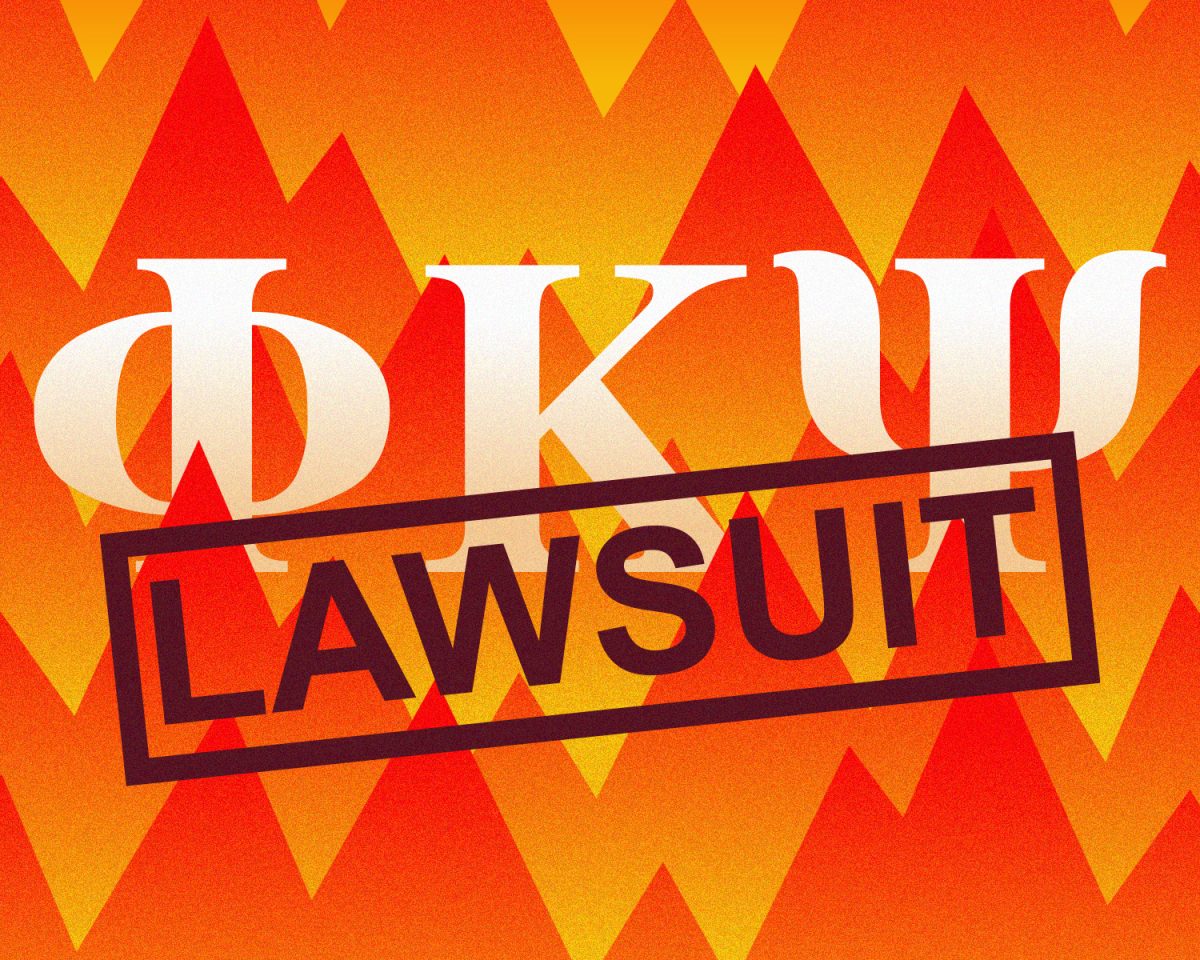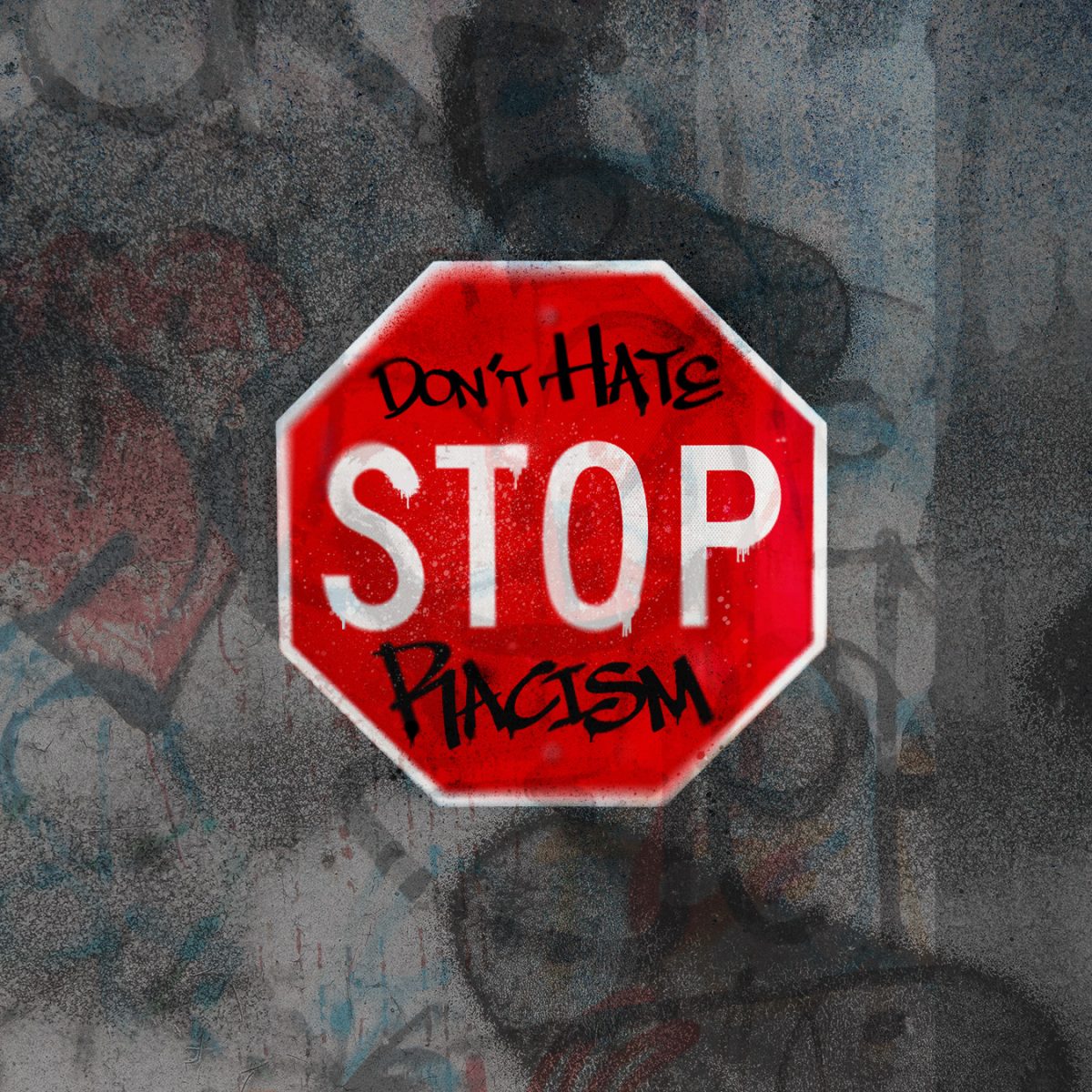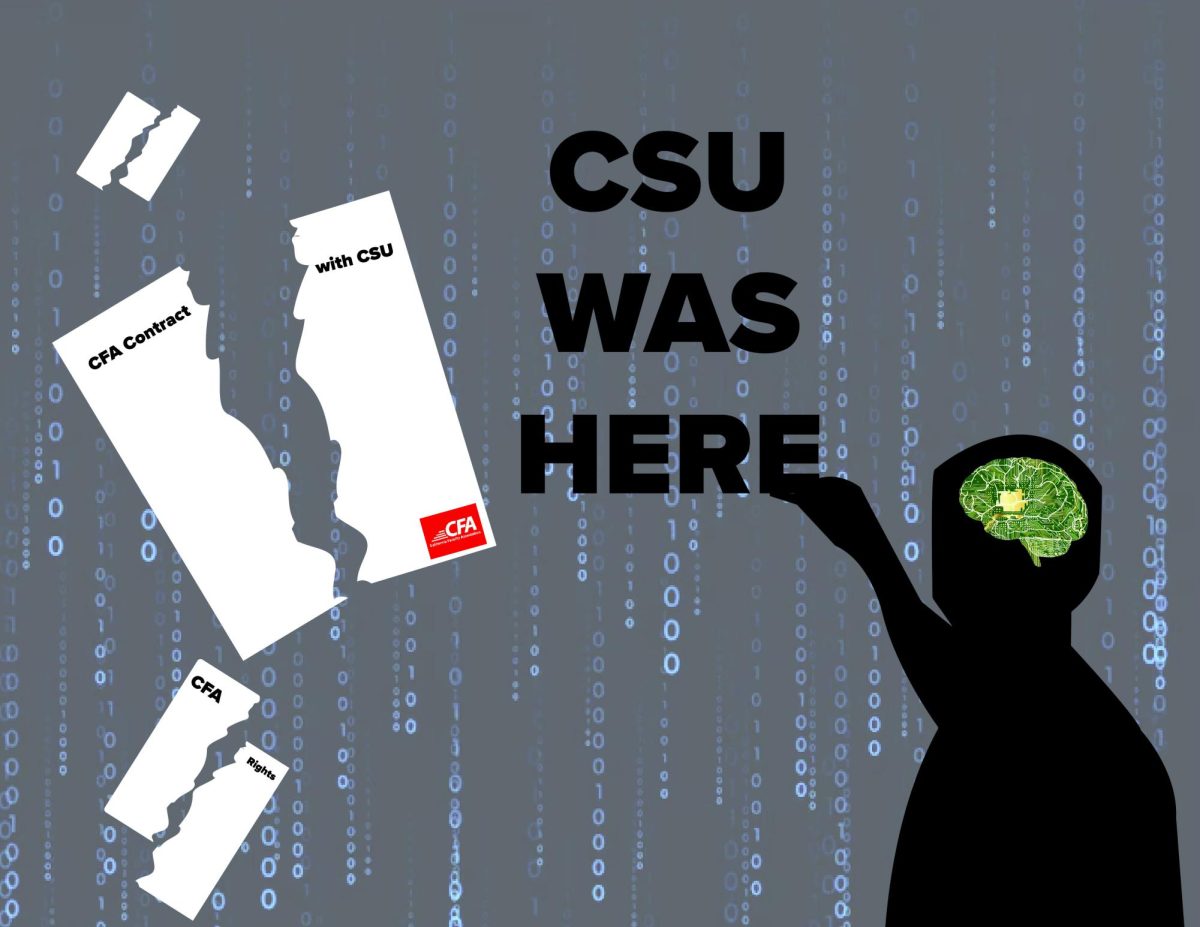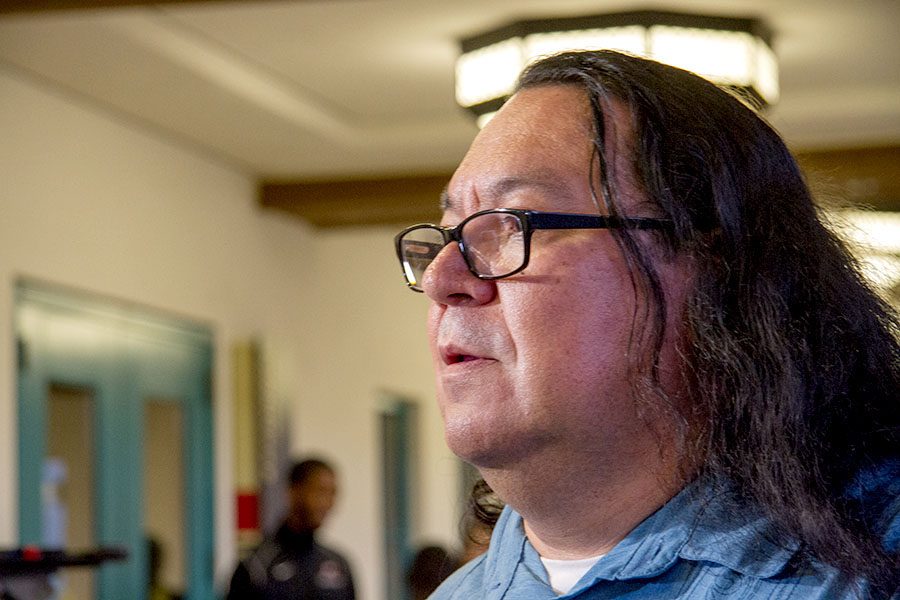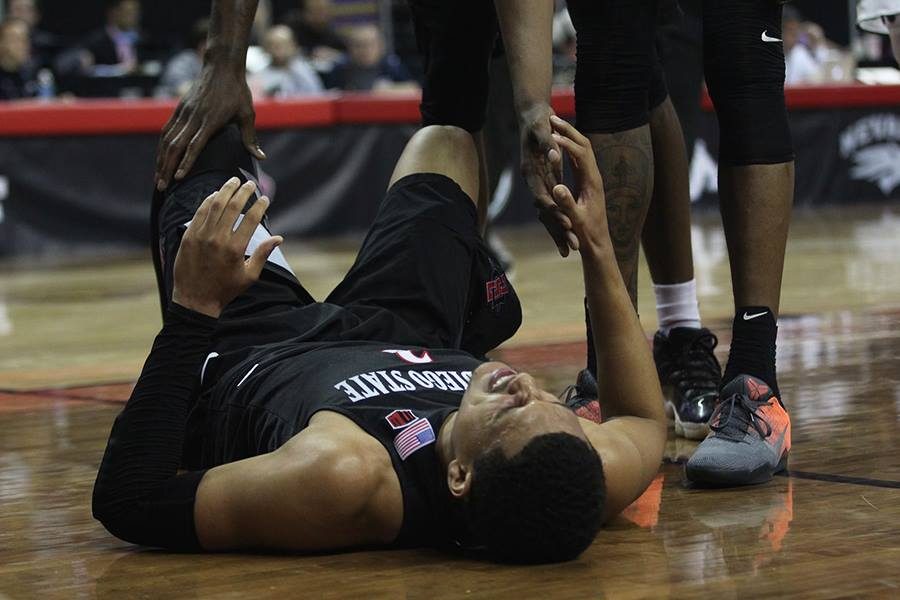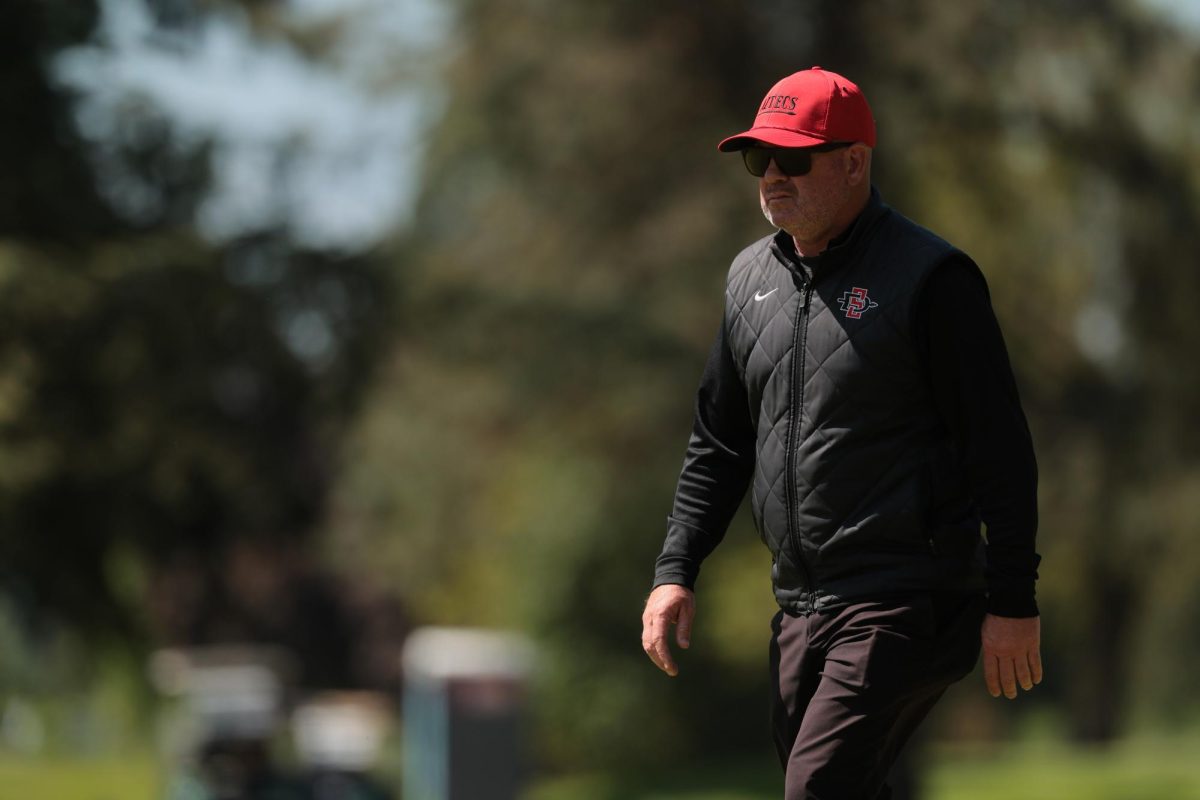San Diego State hosted activists from across the country for the Fifth Annual Students for Justice in Palestine National Conference last weekend.
Nearly 400 students from more than 110 universities across the U.S. and Canada attended the conference, which was themed “From Campuses to Communities: Building a Vision for the Future.”
This year marked the first time the conference occurred at a state school. Previous locations include Columbia University, University of Michigan, Stanford University and Tufts University.
“It has always been at really prestigious universities, and it really was an honor to have it at SDSU,” SDSU SJP President and computer science senior Osama Alkhawaja said.
In addition to discussions and seminars, the event connected SPJ chapters and helped unify the national organization.
“Prior to this year, there was never a structure for a national organization,” Alkhawaja said. “It was truly a grassroots movement. Because our movement is growing so much … we started to actually be an impactful factor in the global solidarity movement for justice in Palestine.”
One representative was sent from each local chapter to what were called “structure meetings.” On the the second day of the conference, the representativess agreed on a plan and submitted it to be voted on by the conference attendees on the last day.
“This is actually a turning point in the SJP movement because from here on out, however we organize ourselves and how our movement progresses, it’ll be a direct product of the decision we made at SDSU this year,” Alkhawaja said.
The new official structure of the national SJP organization will still focus on the individual SJP chapters, as well as new regional breakups, Alkhawaja said.
SJP West, SJP East, SJP South and SJP Midwest will each send five elected representatives to a steering committee. In addition, all local SPJ groups will be united under three common interests.
“They’re based off a call that was made by Palestinians asking the international community to support them, so that these are met,” Alkhawaja said. “One is that Palestinian refugees would have the right to return to their home, two that Palestinians within the state of Israel would have full equality under the law, and three the occupations end.”
The conference also focused on offering a wide variety of workshops, including one about divestment, which was hosted by SDSU’s chapter.
During an SDSU student referendum last April, 53 percent of students voted in favor of divestment. However, a two-thirds majority was needed in order to pass the resolution.
“Our referendum was actually the largest student turnout for divestment resolution in the nation,” Alkhawaja said. “Although it didn’t pass in the sense it didn’t get the supermajority it needed, at pretty much every other university, they don’t need a supermajority, so they still were able to look to our example.”
Other workshops aimed to bolster the organization’s reach and effectiveness in activism. They included such topics as: colonization as gendered violence, working to eradicate anti-blackness within non-black communities, divestment via resolution, divestment via referendum, political and economic role of education and its connection to imperialism, and the future of divestment: where do we go from here?
SJP member and biology senior Hassan Abdinur was impressed with the caliber of discussion throughout the weekend.
“It was a beautiful exchange of intellectual minds coming together and sharing ideas, engaging in debate, sharing different experiences and sharing what they’ve gone through,” Abdinur said.
SDSU SPJ organizes campus demonstrations to raise awareness about injustices in the Israeli-Palestinian conflict.
Last year, the group dropped hundreds of leaflets from the upper floors of Hepner Hall and the Conrad Prebys Aztec Student Union to simulate what Palestinians might experience during an attack.




